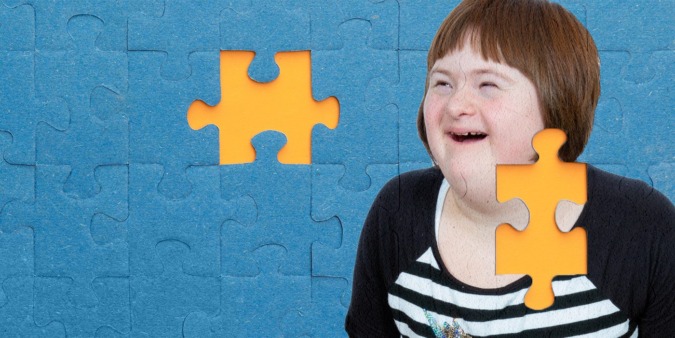
Autism spectrum disorder (ASD) affects individuals in unique ways, making personalized care essential. There are various types of care designed to support the diverse needs of those with autism. This blog explores the main types of care available, highlighting their benefits and how they can help individuals with autism thrive.
Early Intervention Programs
Early intervention refers to therapies and services provided to very young children with autism, typically from birth to three years old. These programs aim to address developmental delays early on, promoting better outcomes as the child grows. Key components of early intervention include speech therapy, occupational therapy, and behavioral therapy.
Speech therapy helps improve communication skills, and occupational therapy focuses on fine motor skills, sensory integration, and daily living skills, while behavioral therapy uses techniques like applied behavior analysis (ABA) to encourage positive behaviors and reduce harmful or disruptive ones.
Early support can significantly improve social, cognitive, and language development, helping children build foundational skills for future learning and social interactions. Autism care in-home provides personalized support and interventions tailored to the individual’s needs within the comfort of their own environment.
Behavioral Therapy
Behavioral therapy is one of the most common treatments for autism, encompassing various techniques to encourage desired behaviors and reduce unwanted behaviors. Applied behavior analysis (ABA) is the most widely used approach, focusing on reinforcing positive behaviors and teaching new skills.
Other methods include pivotal response treatment (PRT), which targets pivotal areas of a child’s development such as motivation and response to multiple cues, and verbal behavior therapy (VBT), which focuses on teaching communication using the principles of ABA. Behavioral therapy can be tailored to individual needs and goals, proving effective in improving social skills, communication, and learning.
Speech and Language Therapy
Speech and language therapy is crucial for children with autism who struggle with communication. Speech therapists work on both verbal and non-verbal communication skills.
This therapy includes articulation therapy to help children pronounce words correctly, language intervention to enhance vocabulary and sentence structure, and social communication therapy to teach the nuances of conversational skills and non-verbal cues like eye contact and body language. Speech therapy enhances social interactions and relationships by improving the ability to express needs and desires.
Occupational Therapy
Occupational therapy assists individuals with autism in developing the skills needed for daily living and working, often including sensory integration therapy to help children manage sensory sensitivities.
This therapy addresses fine motor skills through activities like cutting with scissors or writing, gross motor skills through activities like jumping or climbing, and sensory processing to help manage sensitivities to light, sound, touch, and more. Occupational therapy increases independence in daily activities and improves overall quality of life.
Social Skills Training
Social skills training is designed to help individuals with autism interact more effectively with others. This can be done through group sessions or one-on-one coaching.
Key components include role-playing to practice real-life scenarios and learn appropriate responses, social stories to explain social situations and expected behaviors, and peer-mediated interventions that engage peers to model and reinforce social skills. By enhancing the ability to form and maintain relationships, social skills training reduces social anxiety and improves confidence.
Educational Support
Many children with autism require specialized educational plans to succeed in school, tailored to meet individual learning styles and needs. These plans often include an individualized education program (IEP), which sets customized learning goals and supports.
Special education classes provide smaller, structured environments with specialized instruction, while classroom aides offer additional support within mainstream classroom settings. Educational support provides a structured learning environment that helps children achieve academic success and gain essential life skills.
Conclusion
The range of care available for individuals with autism is extensive and varied, reflecting the diverse needs of those on the spectrum. By comprehending and implementing these forms of care, families and caregivers can empower individuals with autism to achieve their utmost potential.
What's Your Reaction?
One of my friends once said, I am in love with words and a zoned out poser... well, I will keep it the way it has been said! Besides that you can call me a compulsive poet, wanna-be painter and an amateur photographer















